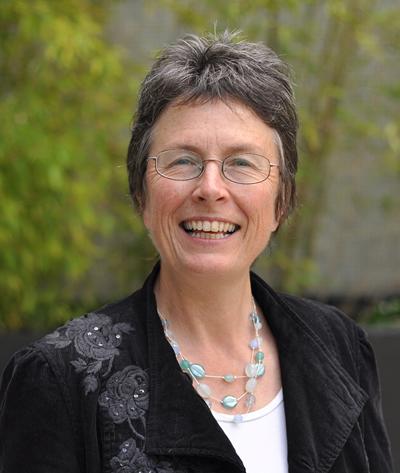Emerita Professor Mary E Edwards PhD, FRGS
Professor of Physical Geography, University of Southampton; Member, Institute for Life Sciences, University of Southampton; Adjunct faculty, ESTES, University of Alaska, Fairbanks, USA

Mary’s interests are centred on global and regional environmental change: understanding climate-driven and human-driven changes in landscape, vegetation, and ecosystem processes over a range of timescales. She is particularly interested in Northern ecosystem processes and permafrost landscapes - how these intersect with climate change, the carbon cycle and human systems. Currently, she serves as UK representative to Terrestrial Working Group of the International Arctic Science Committee (IASC). Recently, she has developed several collaborations on environmental change with Russian researchers in Siberia and the Russian Far East and co-leads the UK-Russia research group, DIMA. The main geographic regions in which she works are the Arctic and Subarctic of Siberia, Alaska, northwest Canada and Europe, plus the UK and Madagascar.
Qualifications
- BSc Jt. Hons Botany/Zoology 1976 (Wales)
- MSc Forestry and Land Management 1977 (Oxford)
- PhD Botany 1981 (Cambridge)